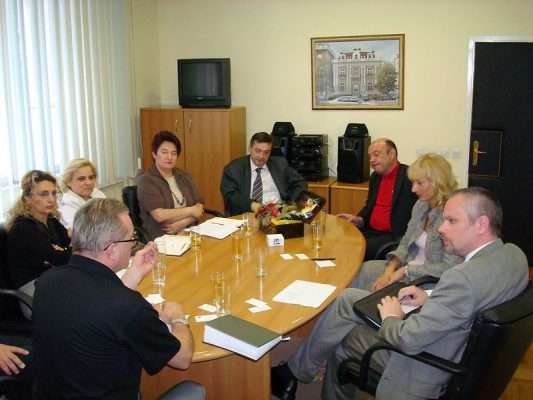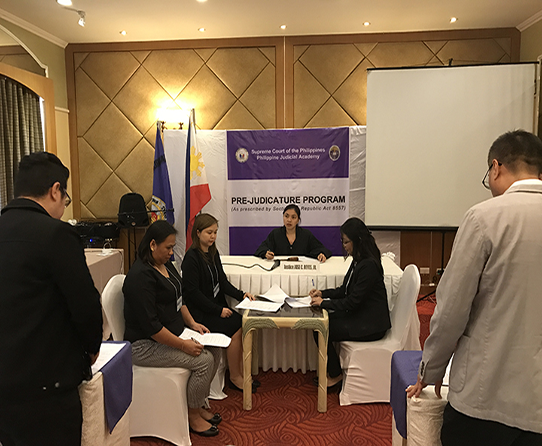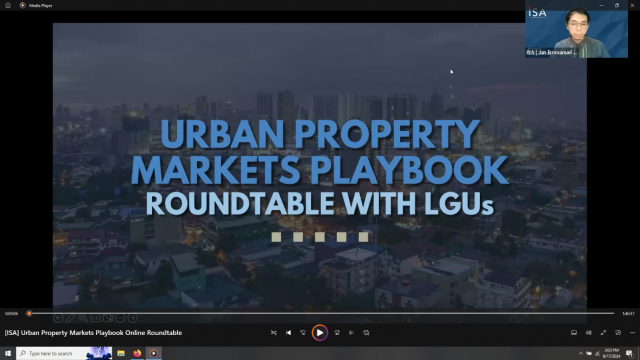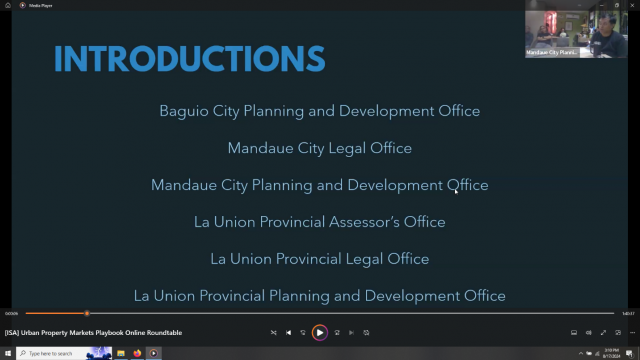
Mediation is a structured, interactive process where an impartial third party neutrally assists disputing parties in resolving conflict through specialized communication and negotiation techniques.
Respected, alternative dispute resolution methods that include commercial arbitration, private mediation, and community-based practices supported by or outside the courts are needed to deal with conflict fairly and efficiently in property markets.
MEASURE
Research your county’s legal system.
Consult the country Scorecards that have been developed or use the Appropriate Regulation section of the Scorecard methodology to develop or update that part of the Scorecard for your country.
The Heritage Foundation’s Index of Economic Freedom offers yearly snapshots of many of the factors that underpin economic growth including property rights, financial freedom, and judicial effectiveness.
U.S. State Department Investment Climate Statements
The U.S. Department of State’s Investment Climate Statements provide up-to-date information on the investment climates in most countries and include sections on Legal and Regulatory Systems, Protection of Real and Intellectual Property Rights, Financial Sector, and Responsible Business Conduct.
Country and Local Sources
Many countries have resources for mediation such as:
- Philippine Dispute Resolution Center
- Ghana ADR Hub
- Nigeria Institution of Estate Surveyors & Valuers
Compile the resources for mediation in your city, country, and region.
Survey Questions
Use these questions in interviews or roundtables with local stakeholders to better understand SMEs experiences with conflict resolution:
- What are the prevalent conflicts in your local property markets?
- What alternative dispute resolution (ADR) mechanisms are in place in your city, if any, and how can they be applied to disputes involving property matters?
- What formal training programs and organizations are in place for mediators in the property sector?
Identify key issues in dispute resolution and choose one or two issues to address with SMART goals:
- Specific – choose goals that are simple, significant, and likely to make a difference.
- Measurable – set a metric, e.g., more trained and trusted property market dispute mediators.
- Achievable – keep the goals within the realm of your organization and influence.
- Resourced – what time and money will be dedicated to achieving the goal?
- Time Defined – set a time for the goal to be achieved.
COLLABORATE
In many parts of the world, access to the courts is too costly for most people, and the judiciary is often highly influenced by entrenched political powers. Even in countries with developed civil or common law systems, contract enforcement is complicated, slow, and costly – not only in direct costs, but in opportunity costs when properties sit vacant and unused.
To keep out of the court system, every contract should include mediation and/or arbitration clauses such as:
“In the event a dispute shall arise between the parties to this [contract, lease, etc.], the parties agree to participate in mediation in accordance with the mediation procedures of [Country Mediation Law or Organization]. The parties agree to share equally in the costs of the mediation.”
“In the event a dispute shall arise between the parties to this [contract, lease, etc.], the parties agree to participate in arbitration. The Arbitral Tribunal shall apply the [Country Law or Organization Rules] for the Facilitation of Settlement in Arbitration.”
International Resource
Centre for Effective Dispute Resolution
Identify key stakeholders including potential partners and supporting organizations that will also benefit from improved alternative dispute resolution.
- Explore ADR organizations and resources in your city and host joint programs.
- Together with an ADR organization, develop case studies of typical SME conflicts involving property and the advantages of using ADR mechanisms to resolve the issues so that the resources of the business can focus on growth and expansion.
- Confirm the key issues and improvement goals.
- Develop an ongoing Stakeholder Engagement Plan, e.g., Stakeholder will meet twice a year to review progress and set new goals and targets.
ADVOCATE
Respected, alternative dispute resolution methods completely outside the courts are excellent means of fairly and efficiently dealing with conflict and building property value.
- Advocate for specialized training and accreditation programs with national and local court systems and property organizations for mediators who oversee property disputes, recognizing the unique complexities and technicalities involved in such cases.
- Promote a culture of dialogue and compromise among stakeholders in business groups by sharing examples of successful mediation and encourage disputing parties to settle conflicts amicably before proceeding to full-blown court litigation.
- Incorporate Online Dispute Resolution (ODR) platforms. The Institute for Solidarity in Asia (ISA, one of CIPE’s original Property Markets Scorecard partners), for instance, is looking to integrate ODR platforms into the Philippine mediation framework, especially for property disputes. This would allow for more accessible, efficient, and flexible mediation processes, accommodating the needs of parties involved in conflicts, even across distances, especially for property disputes.

Philippines Case Study
The Philippine judiciary has integrated mandatory mediation sessions as part of the pre-trial procedures in civil cases, including those involving property disputes. This reform encourages disputing parties to settle conflicts amicably before proceeding to full-blown court litigation, aiming to reduce court dockets and promote a culture of dialogue and compromise.
These programs have expanded to cover more areas and types of disputes. Court-Annexed Mediation (CAM) and Judicial Dispute Resolution serve as mechanisms where judges and trained mediators facilitate the settlement of disputes, including property-related conflicts, at various stages of the judicial process.
The Philippine Mediation Center, under the Supreme Court’s Philippine Judicial Academy, has been strengthened to provide comprehensive mediation services across the country. This includes training mediators, accrediting mediation service providers, and raising public awareness about the benefits of mediation as an alternative dispute resolution method.
ISA Urban Property Markets Playbook Roundtable with Philippine Local Government Units – Zoom, June 2028, 2024


ISA’s Feedback on the Playbook
ISA appreciates that the Playbook looks at the local level, given the importance of local contexts in directly shaping how SMEs operate. Overall, we find it clear what the Playbook hopes to achieve and the strategy it takes to achieve the same. We particularly commend that it is action-oriented without it being overly prescriptive. [Link to Roundtable Summary PDF.}

